In 2014-15, more than 11,000 people died in an outbreak of Ebola in West Africa. And since August 2018, the Democratic Republic of Congo has been experiencing the second worst outbreak in history, with roughly 2,264 deaths and 3,310 documented cases.
BSCS Science Learning has developed a free resource to educate the public about Ebola. The website—Understanding Ebola Virus Disease—includes an interactive model that allows teachers, students, and community members to actively explore the factors that influence a disease’s spread and mortality rate.
In alignment with the Next Generation Science Standards, the resource addresses selected disciplinary core ideas, science practices, and crosscutting concepts.
This material was developed in partnership with Oregon Public Broadcasting and is based upon work supported by the National Science Foundation under Grant No. DRL-1518346. Any opinions, findings, and conclusions or recommendations expressed in this material are those of the author(s) and do not necessarily reflect the views of the National Science Foundation.
This is an archived educational resource page.
BSCS has determined that we can no longer recommend the use of this resource because it is out of date or we are no longer able to provide support for it. We are continuing to make this page and the resources linked to it available so that members of the educational community can review and learn from it.
Where has biology teaching been, and where is it going? How can I create a culture of scientific inquiry in my classroom? How do I teach controversial questions? Biology educators will discover the answers to these and other key questions in The Biology Teacher’s Handbook, Fourth Edition.
BSCS Science Learning has filled this volume with valuable teaching ideas and guidelines for grades 6-12 and college biology educators. Teachers will learn strategies to enhance their instructional practices, create a culture of inquiry in the classroom, promote scientific discussion, and more.
This resource is available for purchase through NSTA Press .
Do you teach geography, environmental science, or similar classes?
Try these free resources in your classroom today!
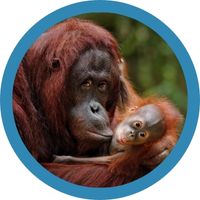
OpenSciEd Middle School
Freely available units on plate tectonics, natural hazards, ecosystems and biodiversity, climate change, and more.

Invitations to Inquiry with FieldScope
These 2-4 day lessons, using citizen and community science data sets and the FieldScope platform, aim to support middle and high school students in working with real-world data. Topics include invasive species, species range, light pollution, plastic pollution, plant phenology, water quality, and healthy streams and rivers.
Other programs you may like:
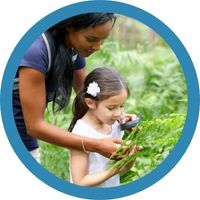
FieldScope and Citizen Science
The FieldScope platform allows for interactive mapping and graphing citizen and community science data (upper elementary to high school).
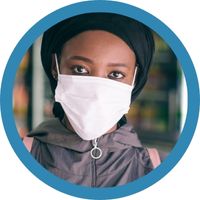
COVID-19 and Health Equity
These units focus on the social and scientific aspects of the COVID-19 virus (all levels).
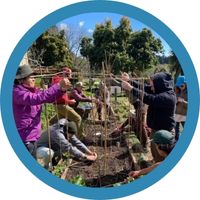
Engineering in the Garden
This is a garden-based engineering unit in which students design trellises to support pea plants. Students consider how to design and build trellises that will stay stable and support peas as they climb (elementary).
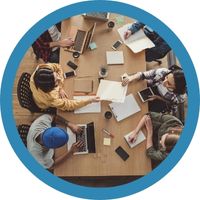
Media & Health Literacy
The goal of these materials is to help students learn strategies that they can use to evaluate the health-related information that they see or hear in the media.